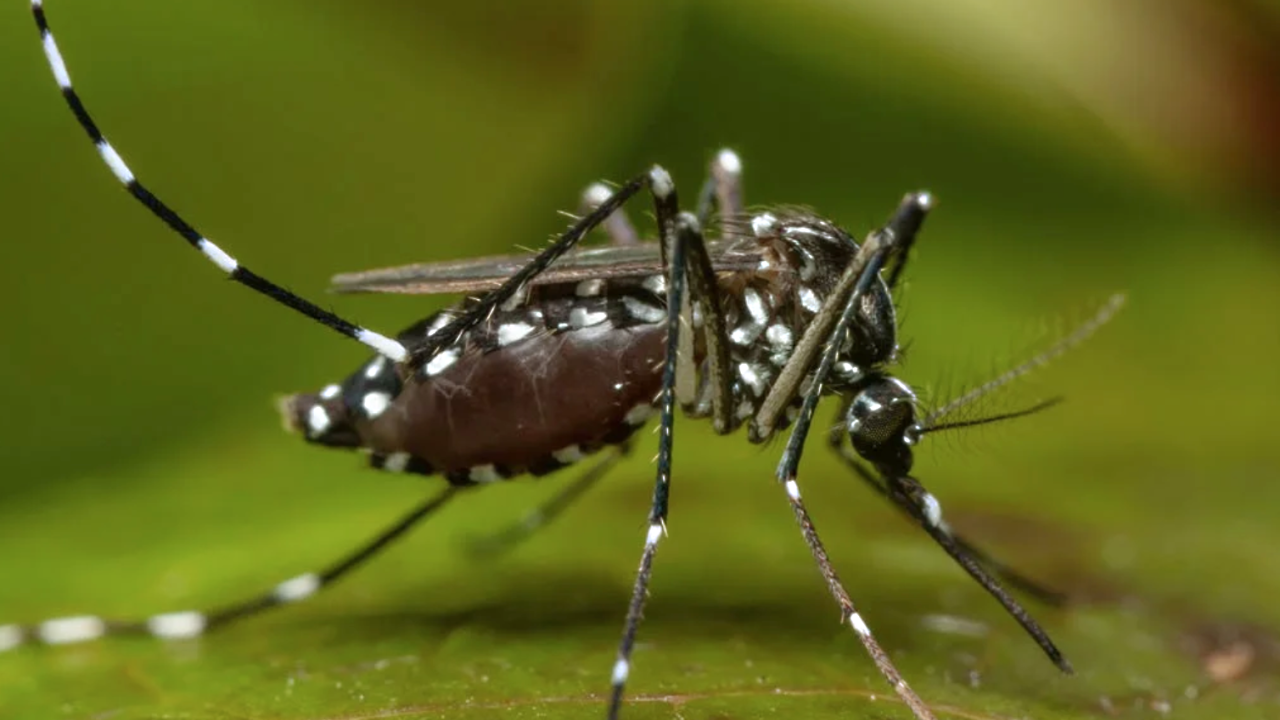
Department Seminars Begin Wednesday, Oct. 1
All Will Be Both In-Person and Virtual
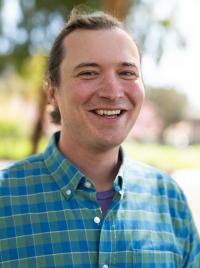
Marshall McMunn, assistant professor of teaching and coordinator of the UC Davis Department of Entomology and Nematology's 2025-26 seminars, has announced the fall seminar schedule.
Seminars will begin on Wednesday, Oct. 1 and will take place on Wednesdays at 12:10 p.m. in Room 122 of Briggs Hall. The exception: the Thomas and Nina Leigh Alumni Seminar, which will be held at 4:10 p.m., Monday, Oct. 6 in the UC Davis Student Community Center. See information below.)
The seminars are both virtual and in-person. They will be broadcast via Zoom (https://ucdavis.zoom.us/j/95882849672). Seminars may be recorded at the speaker’s discretion.
Wednesday, 12:10 p.m., Oct. 1
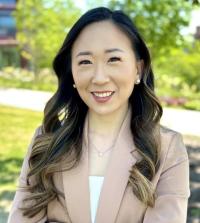
Speaker: Lisa Baik, assistant professor of insect biology
Affiliation: UC Davis Department of Entomology and Nematology
Title: “Understanding and Targeting the Taste System of Deadly Mosquitoes”
Baik, who joined the department this fall, writes on her website: "We study the deadliest animal on earth, the mosquito. Our goal is to better understand the sensory neurobiology of their disease-spreading behaviors. We aim to use our research to control mosquito behavior and fight against the enormous burden that they pose on global health."
Monday, 4:10 p.m., Oct. 6
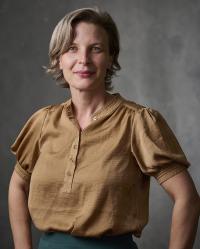
Speaker: Hannah Burrack, professor and chair
Affiliation: Michigan State University, Department of Entomology
Title: “Extending the Olive Branch: From Field Research to Entomology Leadership"
She will be delivering the Thomas and Nina Leigh Outstanding Alumni Award Seminar at 4 p.m. in the multipurpose room of the UC Davis Student Community Center. Her public lecture is at 4 p.m., in the multipurpose room of the UC Davis Student Community Center. It will be followed by a reservations-only dinner. The UC Davis alumna received her doctorate in entomology from UC Davis in 2007, studying with Professor Frank Zalom, now UC Davis Distinguished Professor Emeritus (on recall). She also holds a master's degree in entomology from UC Davis. (See news story)
Wednesday, 12:10 p.m., Oct. 15
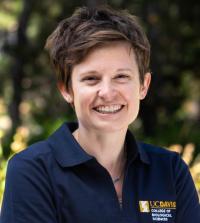
Speaker: Felicity Muth, assistant professor
Affiliation: UC Davis Department of Neurobiology, Physiology and Behavior, College of Biological Sciences
Title: “What Are Bees Thinking? Cognition in Captive and Wild Bumble Bees.”
Muth works on the cognitive ecology of wild-foraging and lab-based bumblebees, focusing on cognitive abilities that have a clear function in bees’ natural environments. Current projects in her lab include investigating cognition in relation to complex floral rewards and comparative cognition in wild bumblebees. The Muth lab also works on anthropogenic effects on bee behavior and cognition, in particular focusing on pesticide exposure.
Wednesday, 12:10 p.m., Oct. 22
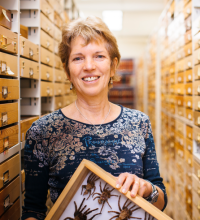
Speaker: Rosemary Gillespie, William M. and Esther G. Schlinger Chair in Systematic Entomology and professor of environmental science
Affiliation: UC Berkeley Department of Environmental Science, Policy and Management
Title: “AdAdaptive Radiation: The Interplay of Isolation and Ecological Associations in Shaping Diversity”
Her research focuses on insects and spiders that comprise much of life's diversity and are critical for functioning ecosystems. Her focus is on the elucidation and conservation of this biodiversity in order to maintain the life-support system provided by nature's variety, and the living resources necessary for ecologically sustainable development, according to her website.
Wednesday, 12:10 p.m., Oct. 29
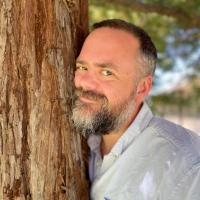
Speaker: Sean Leonard, synthetic biologist
Affiliation: Lawrence Livermore National Laboratory, Livermore, Calif.
Title: (Pending).
He writes that he "works to understand the utility and risks of biological design methods, and manipulate symbiont and environmental communities for human benefit." He is discovering new and creative ways to contain genetically engineered microorganisms (GEMs). He is especially interested in honey bees and bumble bees. (See news story)
Wednesday, 12:10 p.m., Nov. 5
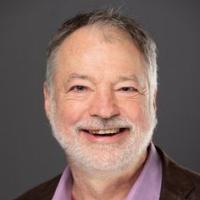
Speaker: Nathan Rank, professor
Affiliation: Sonoma State University, Department of Biology
Title: "Local Adaptation and Population Persistence in a Montane Leaf Beetle"
His research interests include evolutionary ecology; population and evolutionary genetics; co-evolution; and plant-herbivore-enemy Interactions. He is interested in ecological interactions among plants and their herbivores and pathogens, and in the adaptive significance of genetic variation in natural populations of insects. Since 1984, he has studied populations of the leaf beetle Chrysomela aeneicollis in the Sierra Nevada mountains of California, focusing first on effects of insect predators on host plant suitability, and then on population and genetic responses to thermal variation in montane populations. He has also collaborated with researchers in Europe on plant-herbivore interactions in related insects. "Finally, I am interested in effects of invasive species on native ecological communities," he says. "Ongoing work in this area focuses on the invasive pathogen Phytophthera ramorum, which has spread through Sonoma County woodlands since 2000."
Wednesday, 12:10 p.m., Nov. 19
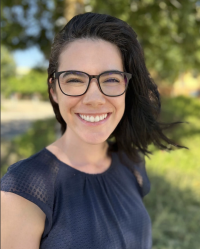
Speaker: Marilia Palumbo Gaiarsa, assistant professor
Affiliation: UC Merced, Department of Life and Environmental Sciences
Title: "From Foraging to Fitness: How Individual Behavior Shapes Plant-Pollination Interactions"
Her current research addresses different dimensions of ecological interactions to help build a mechanistic understanding of community structure and to unravel the mechanisms underlying biodiversity maintenance. At a smaller ecological scale, she is exploring how interactions change as communities assemble, and how individual patterns translate to the network scale and affect ecosystem function. At a larger scale, she is looking at how climate change affects species interactions.
Wednesday, 12:10 p.m., Dec. 3
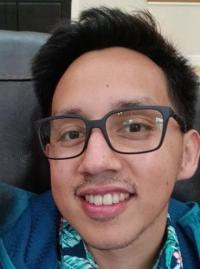
Speaker: Richard Martinez, 2025 recipient of master's degree in entomology, Elina Niño bee lab
Affiliation: UC Davis Department of Entomology and Nematology
Title: "Characterizing the Effects of Phytochemical Diet Supplementation on Western Honey Bee (Apis mellifera) Colonies in California” (exit seminar).
Martinez received his master's degree in entomology in June 2025. (See his YouTube presentation and website). He is now the Invasive Ant Program Coordinator (Little Fire Ant), Maui Invasive Species Committee.
Coordinator of Seminars
Coordinator Marshall McMunn, who joined the department in October of 2023, as an assistant professor of teaching, is skilled in field biology instruction and data analysis, with key interests in technology-enhanced learning and equity in education. (See news story.) Regarding the semianrs, he may be reached at msmcmunn@ucdavis.edu.
